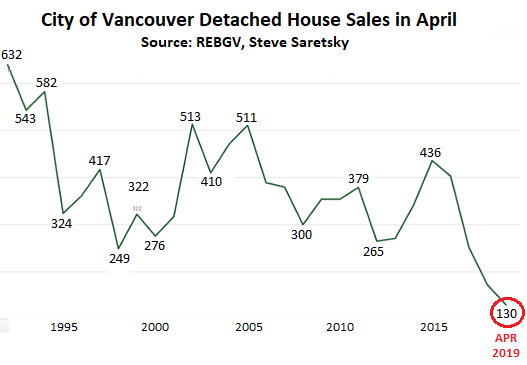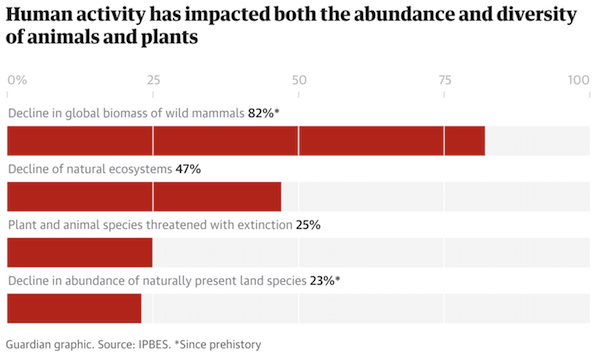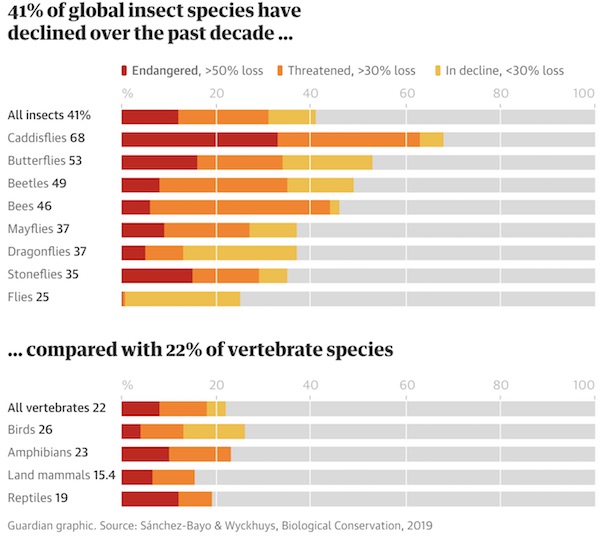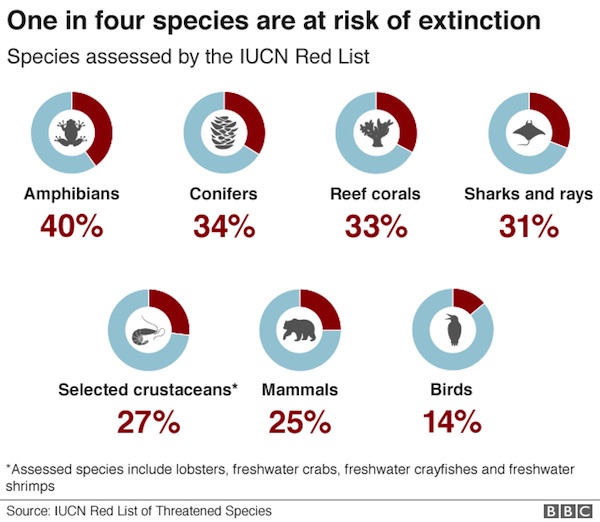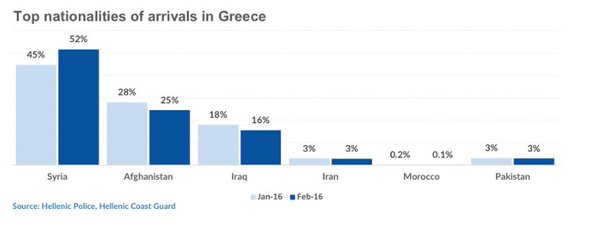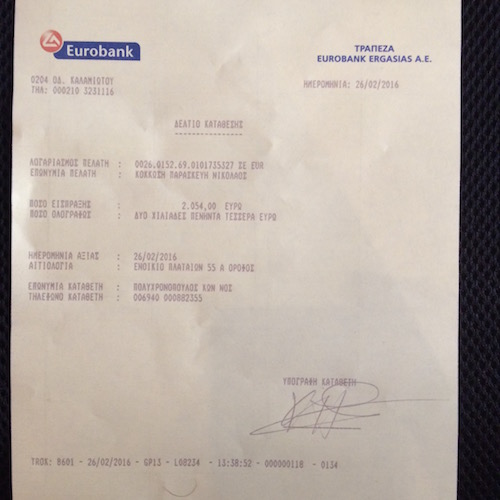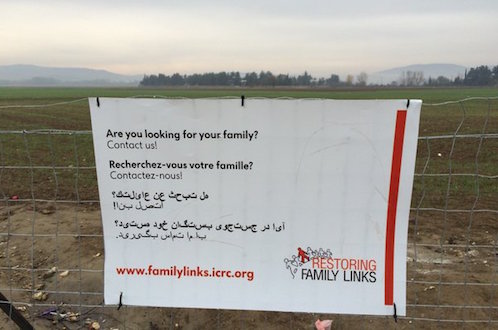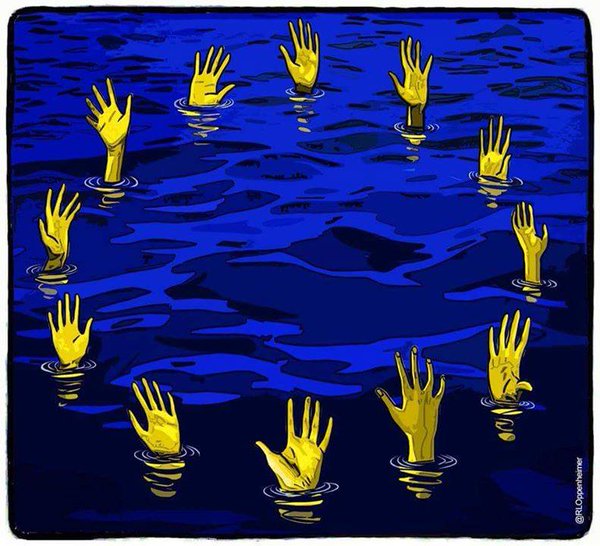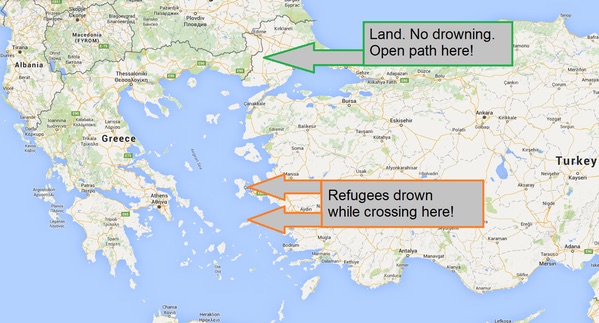
Lucien Hervé The Accuser, Delhi, India 1955

As I was trying to get this article together, I read something in the Greek press just now, and wondered how far one can move goalposts without it being noticed:
A Return To Normalcy Seen In November
Experts say the return to normalcy will happen when “herd immunity” is achieved. For that to happen, they say, 70% of the population must be vaccinated. Then, of course, there are questions of how long the immunity lasts, whether the disease will recur, and so on. According to a team of researchers at Aristotle University in Thessaloniki who have developed a Covid-19 risk evaluation model, the vaccination of 70% of the population, and thus herd immunity, will be achieved in November, provided there are 1 million vaccinations per month.
[..] By the end of May, a “wall of immunity” for the most vulnerable groups – the elderly and those suffering from serious underlying diseases – will have been built, the researchers say. “[The wall] doesn’t mean complete freedom but at least means the likelihood of lockdown becomes remote,” says Dimosthenis Sarigiannis, professor of environmental engineering at Aristotle University.
Now, a year ago, there also was a lot of talk about herd immunity. But that had nothing to do with the “vaccines”, because none of them existed back then. Way back when, “herd immunity” meant that enough people had been infected, and not gotten sick. Some estimates said 20% would be enough, others said 70%. But none talked about vaccines. And now all of a sudden it’s all about vaccines? For which the companies that produce them say there is no evidence that they protect the vaccinated from getting infected, or them from infecting others? Excuse me?
There already is a huge amount of herd immunity. 90-95% of people do not get sick, period. Because they have strong enough immune systems of themselves, or because they’re young, or any combination of factors. It would seem very irresponsible to claim all of these people should be jabbed before there can be herd immunity. It’s just shoddy science, or, rather, shoddy masquerading as science.

I want to return to a topic I covered a month ago in The One Year Emergency, That is, “emergency”, and its legal implications. Much of the world lives under some State of Emergency, at least a Public Health Emergency. There appears to be a State of Emergency that allows for lockdowns and facemasks to be forced on populations, and a second State of Emergency that lets governments force PCR tests, mRNA “vaccines” and tentatively, vaccine passports upon their citizens. Or is it all the same?
First, from a Dr. David Martin piece I posted a few days ago:
The fact is that a PCR test is not going to make or not make a confirmed diagnosis of anything because PCR tests cannot confirm a diagnosis. [..] The only reason we are using PCR tests is that governors and the Department of Health and Human Services are maintaining a state of emergency. The second that that state of emergency is lifted in any state or in the country, the PCR test won’t be allowed to be used.
We’re maintaining a state of emergency so that manufacturers can keep selling a thing that would never be approved if it was subject to a clinical trial. It goes for what’s being called vaccines too. The gene therapy that Moderna and Pfizer are doing, both of those would be suspended immediately if the state of emergency got lifted. People don’t understand that if you lift the state of emergency, the whole house of cards falls.
And remember that the man who got a Nobel Prize for inventing the PCR test, Kary Mullis, repeatedly stated it should never be used for the purpose we are now using it for. Mullis died in 2019, but if he were still alive, he would most likely have been very vocal, and not in a positive sense, about what is going on today.
A few days ago, I asked a question at the Automatic Earth comments section, and received some nice replies from two responders, Doc Robinson and Herr Werner. I thought I’d share some of those. My question:
Q: In most, if not all, states/countries where the vaccines are administered, this goes through some form of Emergency Use Authorization (because they haven’t been properly tested), which is mostly only possible if there is some sort of State of Emergency. If countries now want to open up again, it would appear that they -legally- have to lift their State of Emergency. But then they can no longer allow people to be vaccinated with the vaccines, can they?

Doc Robinson: Q: …If states/countries now want to open up again, it would appear that they -legally- have to lift their State of Emergency. But then they can no longer allow people to be vaccinated with the vaccines, can they?
In the US, a Determination of Public Health Emergency is used to justify the Emergency Use Authorization of some vaccines, but travel restrictions are not necessarily required during the Public Health Emergency.
https://www.federalregister.gov/documents/2020/02/07/2020-02496/determination-of-public-health-emergency
https://www.federalregister.gov/documents/2020/03/27/2020-06541/emergency-use-authorization-declaration
If there is no Public Health Emergency, then there can be no Emergency Use Authorization, and the Covid vaccines could not be widely distributed until getting FDA approval after years of testing.
Even if there is a Public Health Emergency, the Covid vaccines could not obtain Emergency Use Authorization if an effective treatment is acknowledged to be available.
With a Public Health Emergency in place, the PREP act (Public Readiness and Emergency Preparedness Act for Medical Countermeasures Against COVID-19) provides liability immunity to both public and private distribution channels for the vaccines, including those who prescribe, dispense, and administer the vaccines.
“Liability immunity” means that the “covered person is immune from suit and liability under Federal and State law with respect to all claims for loss caused by, arising out of, relating to, or resulting from the administration or use of a covered countermeasure [such as a vaccine].”
In addition, “to the extent that any State law that would otherwise prohibit the employees, contractors, or volunteers who are a “qualified person” from prescribing, dispensing, or administering COVID-19 vaccines or other Covered Countermeasures, such law is preempted.”

Ilargi: Ok, so no travel restrictions in the US. But how about other countries, what do their laws say? Anybody looking at that? Can the government here in Greece, for example, invite tourists back in while still in a Public Health Emergency? Tourists that could bring in the very virus the emergency is meant to fight?
Also, this is of course pivotal: “Even if there is a Public Health Emergency, the Covid vaccines could not obtain Emergency Use Authorization if an effective treatment is acknowledged to be available.”
Pivotal, because no government, at least in the west, has done any widespread application of vitamin D, ivermectin or HCQ programs. Are these substances “effective”? The reason we don’t know is that although there is plenty literature to suggest they might be, they were never tested. So are the current “vaccines” effective (and safe)? We don’t know that either. There’s a big sales job going on about them, but that’s it.

Doc Robinson: In the US, the emergency declaration can be renewed. An EUA is in effect for one year, or shorter if the emergency declaration is no longer in effect. The EUA can be revoked if the criteria are no longer met (such as, the requirement that “there is no adequate, approved, and available alternative to the product for diagnosing, preventing, or treating the disease or condition.”)
Criteria for EUA Authorization—The FDA will issue an EUA if the FDA commissioner finds all of the following:
• The CBRN agent specified in the declaration of emergency can cause a serious or life-threatening disease or condition.
• Based on the scientific evidence available, it is reasonable to believe that the product may be effective in diagnosing, treating, or preventing the disease or condition specified in the declaration of emergency or caused by another medical product to diagnose, treat, or prevent a disease or condition caused by the specified agent.
• The known and potential benefits outweigh the known and potential risks of the product when used to diagnose, prevent, or treat the serious or life-threatening disease or condition that is the subject of the declaration.
• There is no adequate, approved, and available alternative to the product for diagnosing, preventing, or treating the disease or condition.
The EUA is in effect for one year from the date of issuance or for as long as the HHS secretary’s §564 emergency declaration is in effect, whichever is shorter. The emergency declaration can be renewed. The EUA can be amended and may be revoked earlier if the criteria for issuance are no longer met or revocation is appropriate to protect public health or safety.

Ilargi: Some story, basically: “[If] There is no adequate, approved, and available alternative to the product for diagnosing, preventing, or treating the disease or condition.”
“Effective, adequate, approved, and available alternative..” How does one determine these terms? Especially if those alternatives are not tested?
But sure, as long as a government can waive the “Emergency” flag in your face, what are you going to do?

Doc Robinson: Yesterday, Pfizer and Moderna got their Covid vaccine EUA reissued by the FDA, and the duration of the EUA can last until the emergency declaration is “terminated.”
IV. Duration of Authorization
This EUA will be effective until the declaration that circumstances exist justifying the authorization of the emergency use of drugs and biological products during the COVID-19 pandemic is terminated under Section 564(b)(2) of the Act or the EUA is revoked under Section 564(g) of the Act.
https://www.fda.gov/media/144412/download
https://www.fda.gov/media/144636/download

Ilargi: A year, and then we add on another year, and before you know it we need to look up the definition of “emergency” in a dictionary.
Then this from commenter “Herr Werner”, which is a bit long, but interesting:

Herr Werner: I have had a very straightforward question to ask about the safety of covid vaccines, in particular the mRNA ones. The question has nagged me for months, and I spent time this week working on it. It was a difficult question to answer. I wrote this up with the idea of talking within my circle of ppl, I thought the TAE community might find it of interest. Kind of long, apologies –
As I write this, over 200MM people have received covid vaccine doses. While there is more than one vaccine out there, the two available in the West currently are the Pfizer and Moderna vaccines. (The JnJ vaccine – based on a more conventional technology – will likely be available in early March, but going forward if you show up for the shot, you are not likely to know ahead of time which one you’ll get.) Both Pfizer and Moderna’s are based on mRNA, a topic of much study but little widespread deployment. In the US both are released on an Emergency Use Authorization or its equivalent in other nations, and full approval is not expected until early 2023. Nevertheless the media, the CDC, and political and medical “authorities” are unanimous and incessant in the message that it is “safe and effective.”
Dissenting views on safety are relegated to the fringes, and the existence of vaccines other than just the two mRNA ones (with different, more conventional modes of action) is never mentioned in the Western media. There are several promising aspects to mRNA technology, and still more unknowns about it, particularly long-term effects which most likely would manifest as autoimmune disorders. Being a new technology, early animal studies were often plagued with unexpected negative results as the methods and delivery agents were refined. So where are we in our knowledge and expertise as a species with mRNA, now that we are jabbing tens of millions of people with these vaccines?
The straightforward questions I have are, “How do we know how safe mRNA vaccines are? How well-studied are their long-term effects?”
Those two questions do not yield to an interwebs search. Even an in-depth search mostly returns mostly self-referential information, or secondhand info repackaged and parroted by an authority figure whose motives are unclear (or simply dubious.) Specifically for the covid mRNA vaccines, no long-term data exist, as even the earliest human trials began only in late 2020. At best, we can only infer from other studies done using mRNA technology. A strong case for safety of mRNA could be made if there is a large base of data – say 200 studies, ending over 5 or (better yet) 10 years ago, and a total of a few million people involved in the trials. Even with a large database, there are unknown unknowns once you move outside the confines of clinical study and enter the real world with its long (statistical) tails. Still, large studies with years of follow-up would suggest confidence in their safety.
On the other hand, if there turned out to be just a few studies, or they don’t cover much time history, or include only a small sample of people, that would not support a strong case for mRNA safety. If the latter is the case, then – being generous here – it would be “risky” at best to be giving millions of people a vaccine with this new technology. Severity matters too in the risk/reward calculation: if a disease like Ebola or Lhasa takes hold, they are so deadly and the situation so dire that greater risks are worth taking – including a vaccine with side-effects or other measures that cause harm.
My approach was to answer 3 questions that follow from the first ones –
1) HOW LONG have mRNA interventions been tested on humans?
2) HOW MANY people have been tested (thousands? millions, tens of millions?)
3) …and from 1 and 2, do THOSE numbers suggest that vaccinating large numbers of people with an unapproved mRNA product is safe?
For a starting point I used a Forbes article “What Are The Long-Term Safety Risks Of The Pfizer and Moderna Covid-19 Vaccines?” It was published in Dec 2020 and, unsurprisingly, concludes that they are safe. (In fact the article leads off with a strawman, perhaps an attempt at humor, the author’s husband asking if these vaccines are going to turn us into zombies.) The author is Ellen Matloff, in her bio a certified genetic counselor, and she also runs a company that “specializes in scalable, updating, digital genetic counseling.” She is coauthor of several papers in genetics, including subjects related to gene therapy and patient advocacy. It is safe to say she knows what she’s talking about on the topic. Like many authorizes it is equally safe to assume she has a vested interest – both financially and as a personal belief system – in promoting genetic technology.
Spoiler alert: If you want to skip the rest, here’s the answer: about 1,675. That’s the number of people enrolled in (completed) mRNA clinical trials (32 of them) that ended before 2017. Keep in mind the number that received the mRNA treatment-under-study is about half that; most of these are blinded studies and half of them got a placebo. Of those, only 8 studies were conducted on an mRNA treatment against an infectious agent (HIV, rabies) a more realistic comparison which brings the number down to 985 persons. So the size of the database (hundreds) relative to the number of people now receiving doses of the technology (tens of millions) is quite small.
Matloff first discusses the Pfizer vaccine trial and its ability to identify short-term effects “Pfizer vaccine clinical trial study explain[s] that their data show a greater than 83% likelihood of finding at least one adverse, or undesirable, event, if the true incidence of that event is 1 in 10,000. However, the study does not include enough participants, nor has it followed them for enough time, to reliably detect adverse events that are rarer than 1 in 10,000.” That refers to the clinical trials conducted and self-reported by the producer of the vaccine. Assuming their studies are honest and well-run, that covers short-term risks. And it seems to be borne out thus far in the frenzy of arm-jabbing between the end of 2020 and now. We seem to be “in the clear” on short-term effects – safety seems to be on par with any other vaccine, if not a bit better. Though it does suck to be one of those few hundred (?) worldwide that reacted severely and died after the first or second jab, or someone close to them.
On long term risks, the article suggests ‘safe and effective’ though both the article and scientific evidence become decidedly hazy. In Forbes she writes “Of course, the only way to know what, if any, long-term side effects result from the use of these mRNA vaccines is to follow the participants of the Pfizer and Moderna clinical trials, vaccinate and study many more people, and then follow all of them for several years. That effort is well underway.” By way of supporting the long-term knowledge, she mentions “mRNA vaccines are not as new as you may think. In fact, mRNA vaccines have been studied over the past two decades and have shown great promise for both infectious disease and cancer.” She links to several sources and particularly calls out an mRNA rabies vaccine trial to support her case. No adverse events are noted in the study. This trial involved 101 participants and ended in 2017. It is neither a large study (many participants to extrapolate the lessons out to millions of people) nor an old study (completed just four years ago.)
The rest of this analysis looks only at numbers; the number people enrolled in mRNA studies and when. This research was performed with data from the US gov’t clinical trials database. One unknown about mRNA or any vaccine is the length of time for long-term effects, if any, become evident. Pulling a number out of the air, let’s look at three years of follow up. That should be enough time for side effects, such as exposure to the infectious agent that the vaccine targets. Let’s round that up to four, that allows for lag of ending the study and publishing out results. This is Feb 2021 so I looked at studies ending before Jan 2017.
Searching on mRNA returns 103 studies. This includes all studies most of which (like the 20 Covid-related ones) are ongoing. All of those studies in total have 90,000 participants. Filtering out incomplete or terminated studies, and ones newer than that arbitrary point in time, gives 32 studies and 1,675 persons. As I mentioned above the number that received the mRNA treatment-under-study is about half that; most of these are blinded studies and half of them got a placebo. Of those, only 8 studies were conducted on an mRNA treatment against an infectious agent (HIV, rabies) a more realistic comparison which brings the number down to 985 persons. Quite a small population to draw conclusions of long-term safety from – that entails extrapolating to a population four orders of magnitude larger.
BTW my approach is admittedly coarse. And I want to emphasize, it does *not* suggest that mRNA technology is dangerous. The approach simply looks at how large the database is that supports how “safe and effective” mRNA vaccines are. Questions such as long-term follow-up, adverse events, and other factors from the individual studies are outside my area of expertise, and unlikely to be found in publicly available sources. We are vaccinating large numbers of people (tens of millions) based on an experience of small size (hundreds) and not much history (going back 1-5 years in most cases.) Again, it does not suggest that mRNA technology is dangerous – it suggests that we do not have enough data. I find insufficient evidence to support the assertion that mRNA technology is “safe and effective” – we SIMPLY DO NOT KNOW.

Ilargi: And then Doc Robinson’s reply to that:

Doc Robinson: HerrWerner: “She links to several sources and particularly calls out an mRNA rabies vaccine trial to support her case. No adverse events are noted in the study. This trial involved 101 participants and ended in 2017.”
If that’s what she wrote, then she’s not a trustworthy source of information (for whatever reasons). No adverse events?
Actually, 78% reported systemic adverse events in that trial. And 10% reported “Grade 3 events — which means the reaction is severe enough to cause hospitalization, and/or is disabling (but not immediately life threatening.)
Safety and immunogenicity of a mRNA rabies vaccine in healthy adults: an open-label, non-randomised, prospective, first-in-human phase 1 clinical trial The Lancet, September 2017
https://www.sciencedirect.com/science/article/abs/pii/S0140673617316653
…we enrolled and vaccinated 101 participants... 50 (78%) of 64 intradermally vaccinated participants and 29 (78%) of 37 intramuscularly vaccinated participants reported solicited systemic adverse events, including ten grade 3 events… intradermal or intramuscular needle-syringe injection was ineffective, with only one participant (who received 320 μg intradermally) showing a detectable immune response.

1 year into the pandemic, we are still stuck with facemasks that, according to physics, appear to have very little effect. We’re stuck with lockdowns that already have destroyed millions of businesses and jobs, for not terribly obvious purposes. Does locking down entire countries or cities prevent a virus from spreading? Not that we know. Here in Athens, this has been in effect since early November, and guess what, numbers are rising again…
How can you force these kinds of things on people if you refuse to try and boost their immune systems? If the only things you do is force them to stay indoors, inarguably a riskier environment, and then tell them to take an untested “vaccine”, or else?
It makes less sense all the time, going forward. And I don’t think it’s because of some great evil plan, there are simply too many people having to make too many decisions they are not at all qualified to make. So they follow “the science”. What else do you do when you’re way out of your league? Virus? Ask a virologist, or epidemiologist. But those people cover only a very small part of the issue. They are clueless when it comes to economic apocalypse, and yet they are in charge of decisions that feed it.
Look, if you put an elephant in a circus, you have a traumatized animal. Which will somehow adapt perhaps, since there’s life around him/her, feeders, audience, and nowhere to go, but still a walking trauma. Inmates will bond with fellows to an extent, there’s life around them, but they’re still traumatized.
And now we’ve excluded millions upon millions of people from their social contacts, the life their ancestors always had, and we’re telling them that a jab of some experimental substance will make it good. Even though we all know there is no guarantee of that whatsoever. None.
We lost our way, and our heart, and your brains. We lost what it means to be human. And mRNA vaccines are not human.

Here’s another interview with PCR inventor Kary Mullis, A controversial guy, for sure, but he did invent it. And maybe that merits a listen:
Kary Mullis

We try to run the Automatic Earth on donations. Since ad revenue has collapsed, you are now not just a reader, but an integral part of the process that builds this site. Thank you for your support.

Support the Automatic Earth in 2021. Click at the top of the sidebars to donate with Paypal and Patreon.




